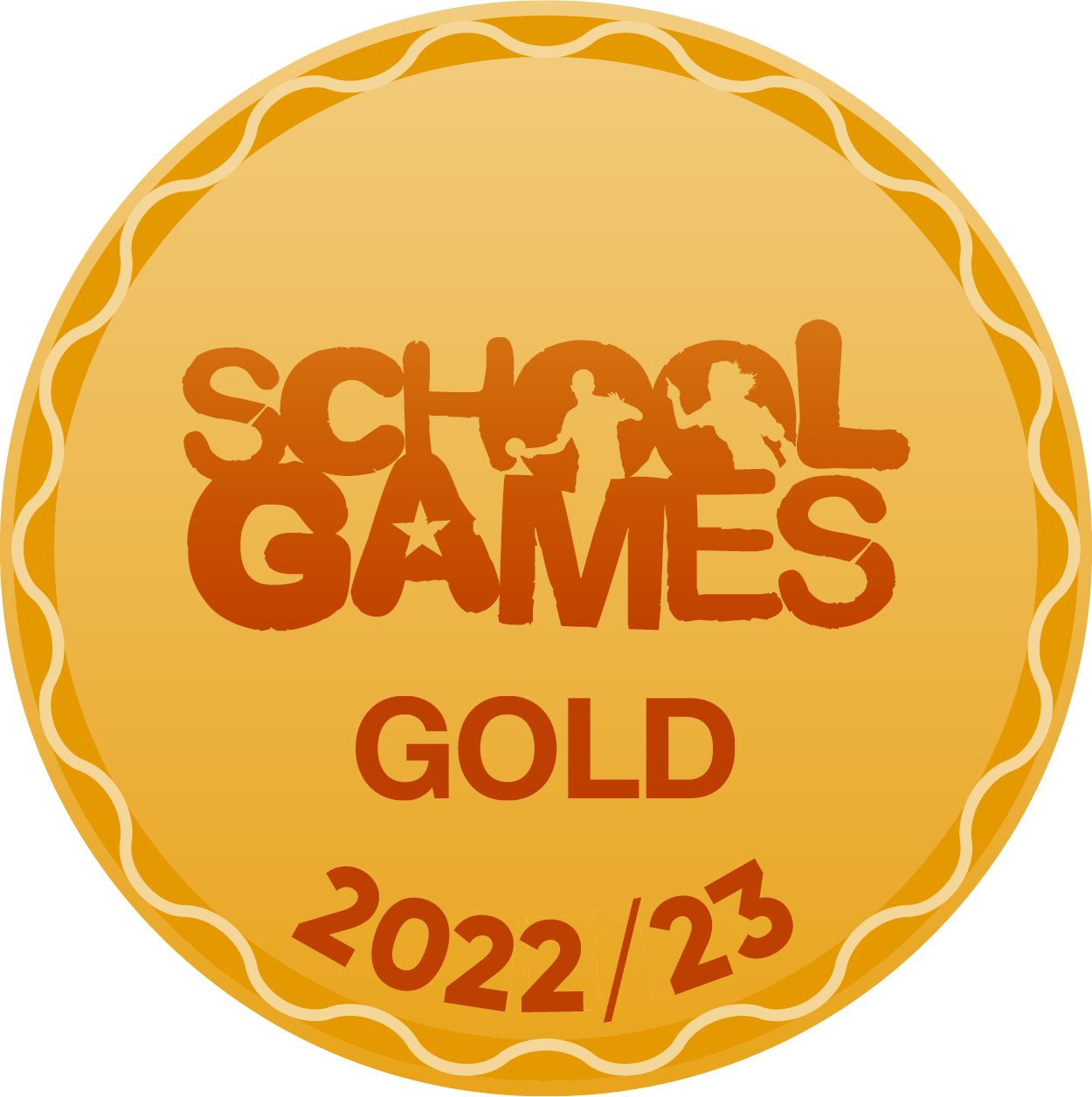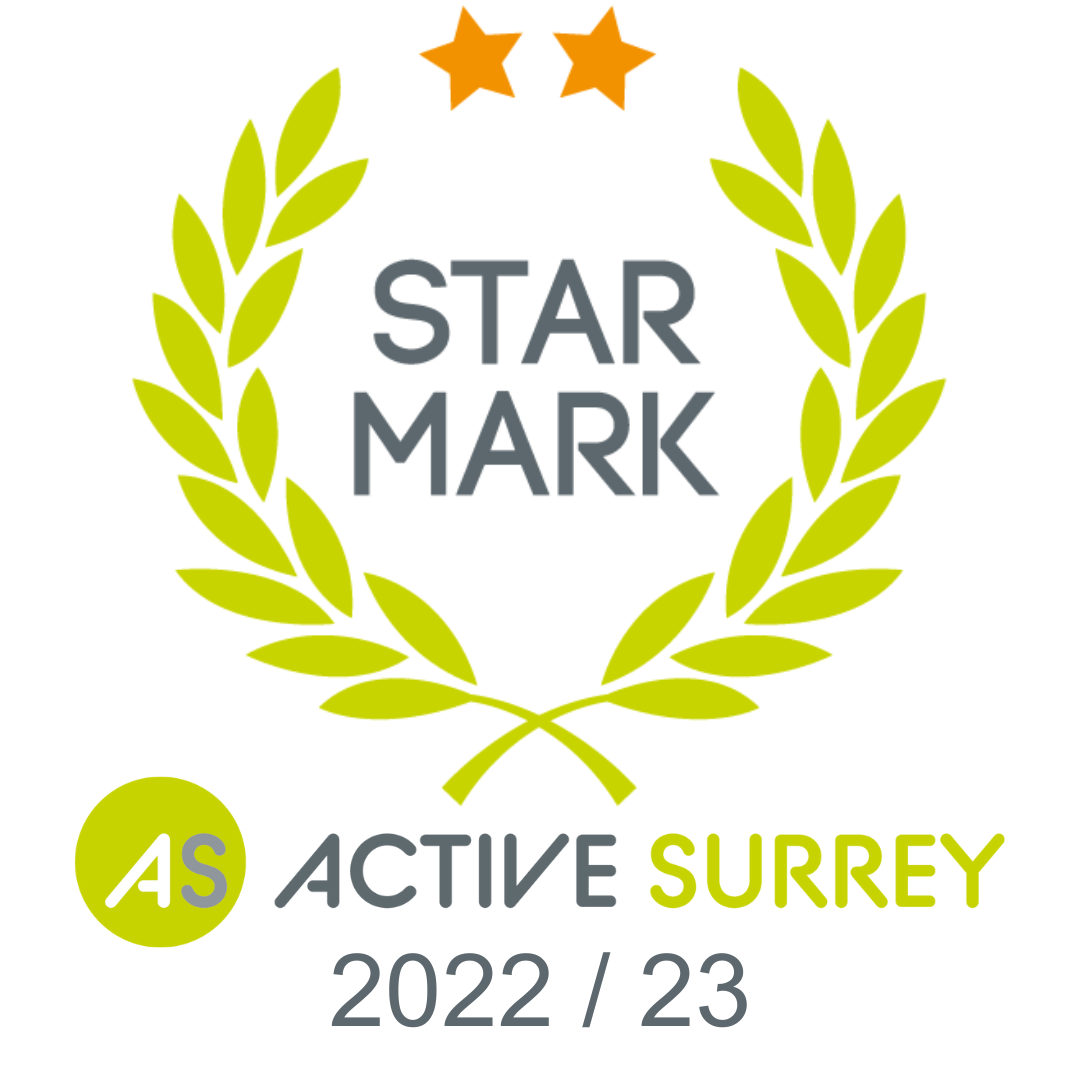Mathematics
Intent
Mathematics is an essential tool for life and at William Cobbett Primary School we intend for all children to be well equipped with mathematical knowledge, concepts and skills. We want them to become confident, competent and resilient mathematicians with the ability to reason, think logically and problem solve. We want children to be able to see links in their mathematical learning within and between lessons, in other curriculum areas and in real life situations. We believe that every child can be a successful mathematician and aim to instil this belief in the children. We want them to have positive attitudes to mathematics and not be afraid to make mistakes or to grapple with challenging problems.
To achieve this, we follow a mastery approach to mathematics teaching. When children develop a deep conceptual understanding, they will be able to remember more and do more mathematics with confidence in familiar and unfamiliar contexts.
EYFS
Our intent for the Reception year is to give our children a secure grounding in early number concepts in order to move on to Key Stage One with a deep understanding of numbers to 10.
To meet the Number and Numerical Patterns Early Learning Goals, children should be able to:
- understand the composition of each number up to 10
- subitise up to 5
- automatically recall number bonds up to 5 and some to 10, including doubles
- verbally count beyond 20, recognising the pattern in the counting system
- compare quantities up to 10
- explore and represent patterns within numbers up to 10
In addition to number, we also want our children to have a variety of experiences with the concepts of shape and measure.
Children should be developing their ability to talk about mathematics using the correct vocabulary and starting to explain their mathematical thinking.
Key Stages 1 and 2
The national curriculum for mathematics requires that all pupils:
- become fluent in the fundamentals of mathematics, including through varied and frequent practice with increasingly complex problems over time, so that pupils develop conceptual understanding and the ability to recall and apply knowledge rapidly and accurately
- reason mathematically by following a line of enquiry, conjecturing relationships and generalisations, and developing an argument, justification or proof using mathematical language
- can solve problems by applying their mathematics to a variety of routine and non-routine problems with increasing sophistication, including breaking down problems into a series of simpler steps and persevering in seeking solutions
By the time children leave Year 6, we want them to be ready for secondary education with:
- a wide range of mathematical vocabulary which they use confidently and appropriately in a range of contexts
- a secure understanding of the mathematics curriculum
- fluent knowledge and recall of number facts and the number system which they are able to apply accurately both mentally and in written calculations
- the ability to make connections
- the ability to reason, explain their mathematical thinking, give examples and generalise
- the ability to approach mathematical problems with confidence, using efficient techniques, and to persevere when a solution is not obvious
- the ability to check their mathematical working for accuracy
Implementation
To ensure whole-school consistency and progression, the mathematics curriculum is planned using the White Rose Maths schemes of work. This is fully aligned with the National Curriculum and is a carefully structured and progressive curriculum, with small steps designed to lead to secure learning.
The school’s ongoing engagement with the Maths Mastery programme, through the Surrey and North Hampshire Maths Hub, continues to ensure that staff at all levels understand the pedagogy of the mastery approach. We are now in our fifth year of Sustaining Mastery.
In 2021, we introduced the NCETM Mastering Number programme in Years R, 1 and 2 and we will be introducing the Years 4 and 5 programme from September 2023.
We know that deep mathematical understanding develops through the use of concrete (practical) apparatus, following this with pictorial representations of methods and then using abstract ways of recording calculations. We spend time developing our children’s fluency in their number facts and calculations and deepening their understanding through frequent opportunities for reasoning and problem-solving once they have achieved the required fluency.
All children are exposed to challenge, appropriate to them, in order to deepen their understanding further.
EYFS
The NCETM Mastering Number programme is used as the basis for daily Maths inputs with continuous provision activities planned to give children opportunities to rehearse and apply their learning. There is a well resourced Maths area in the classroom. The use of books, songs and rhymes all enable practice of the mathematics children have been learning. In addition, EYFS staff will look for opportunities to apply and assess children’s mathematical understanding and development through real life situations, games and role play as they work towards the Early Learning Goals (ELGs). Children who are identified as not being on track to meet the mathematics ELGs have additional sessions to reinforce the whole class teaching input.
Key Stages 1 and 2
All children have a daily mathematics lesson. In addition, Years 1 and 2 have a 10 minute ‘Number Time’ session four times a week following the NCETM Mastering Number programme.
White Rose Maths materials are used in Key Stages 1 and 2 to plan and deliver carefully sequenced lessons which build upon each other through small step progression. Prior learning is explicitly linked to new learning to provide a coherent journey through a unit of work and within a lesson. As children become fluent in the taught skills, they are given opportunities to apply these skills to reasoning and problem solving activities.
‘Flashback’ questions are used regularly as starters to lessons to revisit, practise and apply prior learning from earlier in the unit of learning, earlier in the year and previous years.
Assessment plays an important part in ensuring children are making the steps they need to in their learning. Unit pre-assessments are used to inform teachers of areas which need revisiting which is built into the planned learning journey. Teachers are assessing throughout their lessons, giving feedback and addressing misconceptions as they arise.
Teachers make termly summative assessments which are recorded on DCPro and discussed at pupil progress meetings. Children who are not making the expected progress are identified and focused on in the subsequent term.
To support children to develop their knowledge and understanding of a concept, we use a ‘CPA’ approach whenever appropriate (concrete, pictorial and abstract). When concepts are first introduced, we encourage children to physically represent their understanding with concrete manipulatives with the aim that they will progress to being able to use first pictorial and abstract representations and become less reliant on concrete resources as they embed their understanding of a concept.
We want our children to be confident in talking about their mathematics. Stem sentences are modelled by teachers and used to support children in describing their mathematical thinking.
This year we are hosting ‘Maths Aim High’ days for higher attaining children from local schools, led by a visitor. A teacher will attend this as a professional development opportunity.
Home learning
Children are set Maths home learning in all year groups from Year 1. Children will receive an EdShed online maths quiz every week that reinforces their learning from that week and also have access to fun fluency games. Years R, 1, 2 and 3 are provided with a bag of mathematics resources suitable for that year group to keep at home for the year to encourage practical and fun mathematics activities and help them with their EdShed home-learning. In addition to the set home learning activities, parent and child workshops are held to give parents and carers further ideas for the use of the resources at home.
Online subscriptions for Numbots (Years R, 1 and 2) and Times Tables Rockstars (Years 3-6) give children the opportunity to practise their number facts online at home through motivating activities in order to develop fluency. Use of this is promoted by teachers and occasional Times Tables Rockstars competitions and challenges between classes encourage use.
Impact
Through the mastery approach to daily mathematics lessons, children build their mathematics skills and use concrete resources, pictorial representations and mathematical abstract recording to support their thinking. When problem solving, they are willing and able to persevere rather than giving up when a solution is not immediately obvious and are not afraid of making mistakes. They are encourage to talk about their mathematics with staff and peers. Maths lessons are observed to be engaging and appropriately challenging,
Mathematics curriculum overviews
Useful websites
NRICH Primary - Maths activities, games and articles
Maths 4 Mums and DadsOxford Owl - activities, top tips and advice for parents
National Numeracy - supporting children with Maths
National Numeracy Challenge - support for adult numeracy





